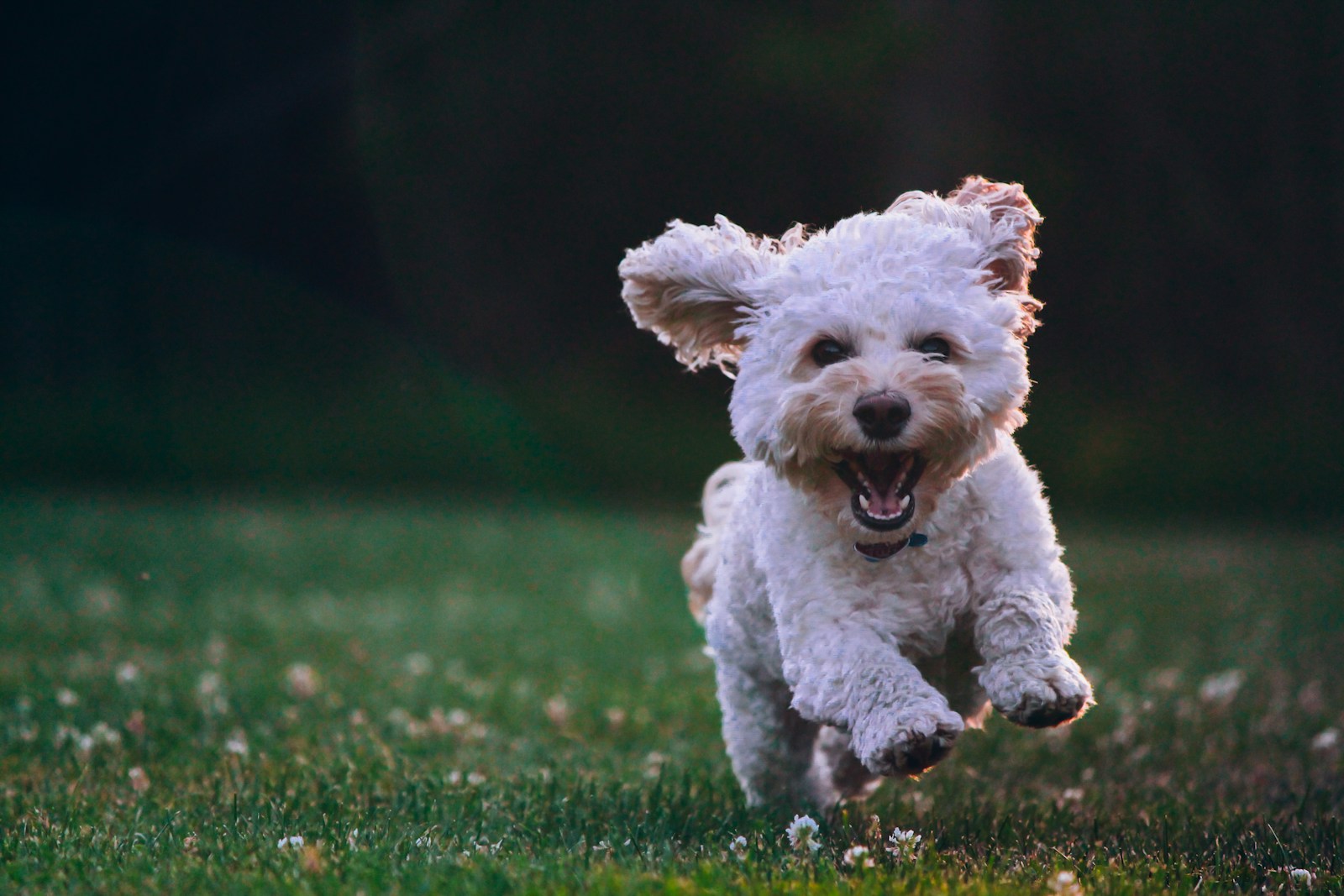Picture leaving home in the morning, knowing your playful puppy or faithful dog will be cared for in a safe and engaging place instead of sitting alone. More people than ever have pets, leading to a growing need for reliable daycare options for dogs and puppies. This rise in popularity is fueled by hectic daily routines, a deeper understanding of our pets’ needs, and a community spirit that cares for animal well-being. In this article, you’ll find an inside look at the world of dog daycare; we’ll cover what it is, how it has changed, what’s trending, and offer simple tips so your canine companion can flourish. Get ready for practical suggestions, the truth behind common beliefs, and examples of standout services such as specialized puppy daycares.
What Is Dog and Puppy Daycare?
Dog daycare is similar to a children’s daycare but made just for dogs and puppies. At these centers, trained staff watch over dogs all day as they play, explore, and interact with other pups. Most places have both indoor and outdoor play spaces, as well as scheduled activities for exercise and brain games. The idea first began when city pet parents realized their four-legged friends felt lonely and bored during work hours. Today’s dog daycare goes beyond simple supervision—it’s become a top choice for families looking for social, happy, and healthy pets.
Types of Daycare Choices
Group Play and One-on-One Care
Dog daycare usually comes in two main formats:
- Group Play: Dogs with similar sizes and personalities play together under staff supervision. They not only get their energy out but also socialize and learn to interact with other dogs.
- Private Care: Dogs who are shy, anxious, or need special attention can benefit from individualized schedules and a quieter setting. This choice works great for pups that don’t enjoy big groups or have unique needs.
Home-Like Daycares
Some daycare centers are designed to mimic a cozy home environment. Fewer dogs attend each day, which can be soothing for dogs afraid of crowds or who need that extra comfort to feel relaxed. Just like in larger facilities, there’s still professional supervision and strict safety procedures.
Special Focus Daycares
Certain daycares offer programs designed just for puppies or for pets needing extra support. These might include puppy play zones, socialization sessions for young dogs, gentle staff, and features to help puppies learn and grow. Some centers create flexible schedules with training, relevant play structures, and soft areas for nap time—focusing on every age and personality type.
Why Dog Daycare Matters
Building Social Skills
Going to daycare is about much more than burning off energy. Dogs and puppies learn to play nicely, interpret signals from other dogs, and even avoid bad habits through positive interactions and supervised sessions. This can mean fewer behavior issues both at daycare and back home.
Exercise and Mental Enrichment
Physical play, games, and challenges prevent dogs from feeling bored or anxious. Keeping their bodies and minds busy leads to healthier, more balanced pets who feel satisfied at the end of the day.
Structure and Safety
Dog daycares have proven routines that keep your pet’s day predictable and safe. Alongside constant supervision, there are regular rest periods, feeding times, and even the ability to get medicine if needed.
What’s New in Dog Daycare
Dog daycare centers continue to adapt to pet owners’ needs by adding training lessons and behavior support right into daily care. Some centers use fun, educational games and even invite wellness experts for specialty “activity days.” Recent statistics show that more dog owners now prefer daycare, not just for convenience but because it actually supports their dogs’ training and emotional development.
Daycare, Boarding, or Kennels—What’s the Difference?
- Daycare: Covers supervison and play during daylight hours; ideal for owners at work.
- Boarding: Overnight care for longer trips. There’s usually a stricter schedule, and staff care for the dogs day and night.
- Kennels: A basic arrangement for temporary holding, where play and attention are limited.
Daycare sets itself apart with a kinder approach: lots of play, learning, and focus on each dog’s happiness and health.
Myths About Dog Daycare
- “Daycare only suits friendly, outgoing pets.” Even shy or anxious dogs can gain confidence in home-like settings or smaller groups made just for them.
- “Daycares aren’t safe for my dog.” Modern staff receive careful training, follow vaccination guidelines, and always watch the dogs closely to keep everyone safe.
- “Daycare makes dogs hyper and out of control.” The best daycares include winding-down times, diverse toys, and calm play, supporting a well-mannered pup.
Issues in the Dog Daycare World
Health and Safety
Parents want to avoid illnesses and injuries, so trustworthy daycares invest in constantly cleaning, following health policies, and having clear plans for emergencies. Always ask how the facility trains its team and manages unexpected situations.
Personality Matching
Dog care isn’t one-size-fits-all. It’s essential to choose a daycare style—busy, private, homey, or specialized—that matches your dog’s needs, energy, and temperament. The best daycare centers test your pet’s compatibility during visits and find the most suitable group or setup.
Cost and Availability
Daycare costs differ widely depending on what’s included and where you live. Some worry about the price, but quality care pays off in well-adjusted, happy pets. Look for special trials, package deals, or flexible days to fit your schedule and budget.
What the Future Holds
As dog parents expect ever-higher care standards, many daycare centers now offer live-streaming cameras so you can watch your dog in real time, one-click check-ins via phone apps, and student-tailored activities for puppies, older dogs, or pups with special needs. Expect increasing creativity in everything from enrichment games to nutrition and relaxation care.
Choosing the Best Daycare for Your Dog
Take a Tour
Don’t pick the first place you see! Visit facilities, review cleanliness, ask about staff backgrounds, safety procedures, group makeup, and what a normal day looks like.
Know Your Dog’s Personality
Ask yourself: is your dog playful or a little nervous? Energetic or relaxed? Some prefer lively play groups, while others need the calm of a quiet or home-style daycare arrangement.
Check Safety Protocols
Review vaccination policies, cleanliness routines, and staff training. It’s fine to ask how they keep dogs safe and how they deal with any issues that come up.
Try Out Special Services
Certain places, especially those focused on puppies, build every part of the day with your pet’s best interests in mind, with customized care and activities that help young dogs mature in the right way.
Conclusion
The world of dog daycare is quickly changing, giving parents more excellent ways to keep their dogs happy, active, and connected. Choosing the proper option—from modern, traditional centers to personalized, home-based care—makes all the difference in your pet’s joy and daily life. As professional dog daycare grows to offer better supervision and individual attention, both owner and pet get peace of mind and a deeper bond for years ahead. Dog daycare isn’t just a trend—it’s an investment in a loving and fulfilling pet relationship.





